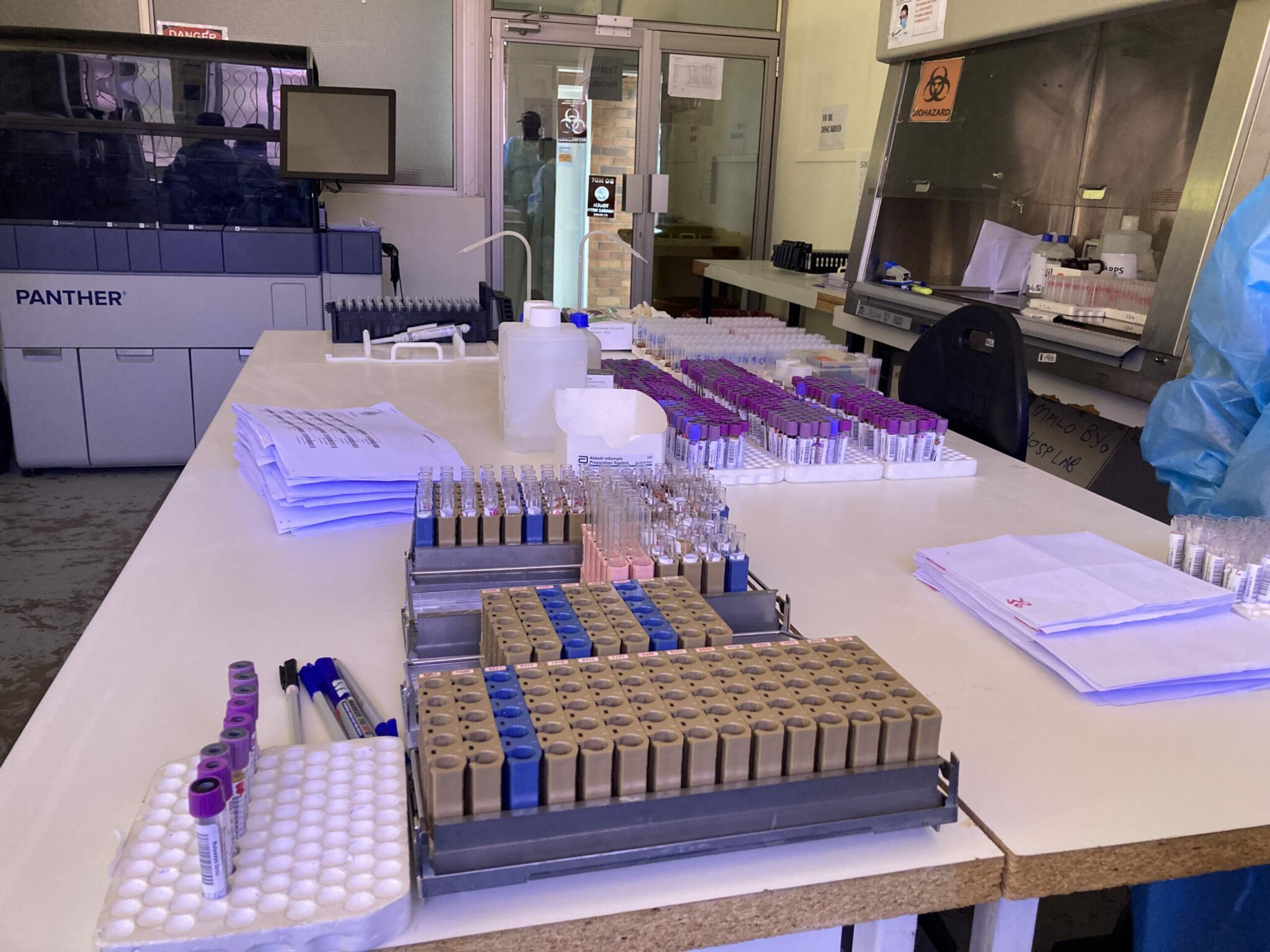The United States has reaffirmed its commitment to strengthening Zimbabwe’s healthcare system, with an annual investment exceeding US$200 million aimed at improving health outcomes across the country.
This was highlighted during a recent visit by U.S. Ambassador Pamela Tremont to Mpilo Hospital’s HIV Laboratory, which has now earned ISO 15189 accreditation, marking a significant achievement in its compliance with international standards.
ISO 15189 is a globally recognised certification that sets the benchmark for quality and competence in medical laboratories. It ensures that such facilities provide accurate and reliable test results, meeting the highest standards of healthcare excellence.
During her visit, Ambassador Tremont praised the long-standing partnership between the U.S. and Mpilo Laboratory, noting that the collaboration, which began seven years ago, has significantly enhanced the lab’s capabilities. “We are very proud that Mpilo Lab recently achieved ISO 15189 certification, which means it is now offering world-class laboratory testing for the people of Bulawayo,” she said. “Supporting health services, particularly laboratories, is a key component of our commitment to improving the lives of Zimbabweans.”
Tremont also emphasized the critical role of viral load testing, especially for patients with potentially failing HIV treatments or for infants born to HIV-positive mothers, in the broader goal to eliminate HIV as a public health crisis by 2030. “This laboratory conducts over 10,000 viral load tests monthly, serving around 95% of the 80,000 people in Bulawayo who need this test. It’s an impressive volume, and the lab’s ability to maintain ISO 15189 accreditation amidst such a workload is commendable.”
Mpilo Hospital’s Chief Medical Officer, Dr. Narcisius Dzvanga, highlighted the laboratory’s capacity to test for mother-to-child transmission of HIV and its advanced technology. “When I took office, we had just received brand-new, state-of-the-art equipment. These machines can process over 10,000 specimens a month, a significant upgrade from the previous machines, which could only handle 50 samples per day.”
Dr. Dzvanga further explained that the new equipment performs the work of ten machines, ensuring both speed and accuracy. “The ISO certification confirms the quality of results. The equipment meets international standards, with test results that are reproducible across different countries, whether in South Africa, Botswana, or elsewhere.”
Raiva Simbi, Director of Laboratory Services in Zimbabwe’s Ministry of Health and Child Care, highlighted the adaptability of the equipment during the COVID-19 pandemic. Originally designed for HIV testing, the machines were repurposed to handle COVID-19 tests and are now being used for other purposes, including HPV testing and potentially for hepatitis and MPOX in the future. “These machines are incredibly versatile. With advancements in IT, you can even load samples remotely, and the machines will begin processing them,” Simbi said.
Simbi added that similar advanced testing capabilities are now available in all provincial laboratories across Zimbabwe. “We call it real-time PCR testing. While originally for HIV, these machines can be configured to test for multiple viruses, including those responsible for diseases like cervical cancer and hepatitis.”

